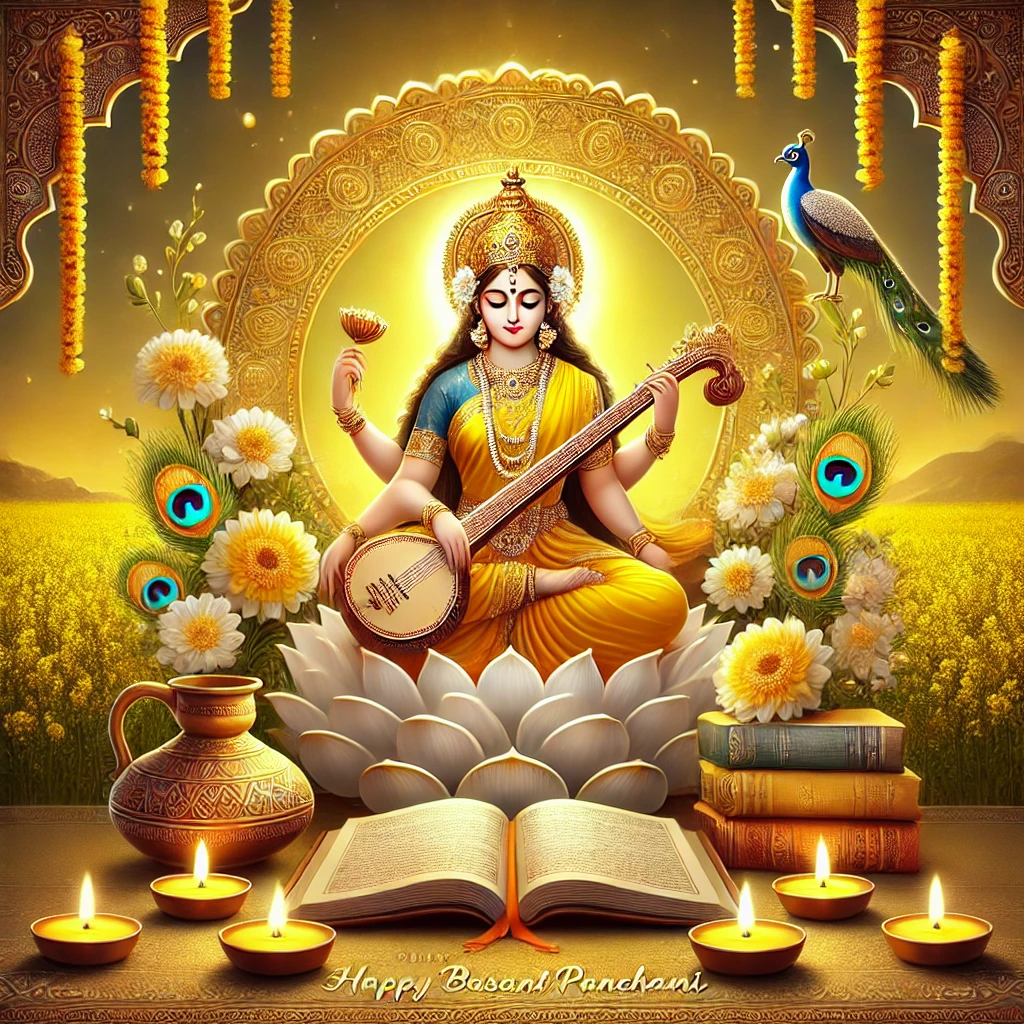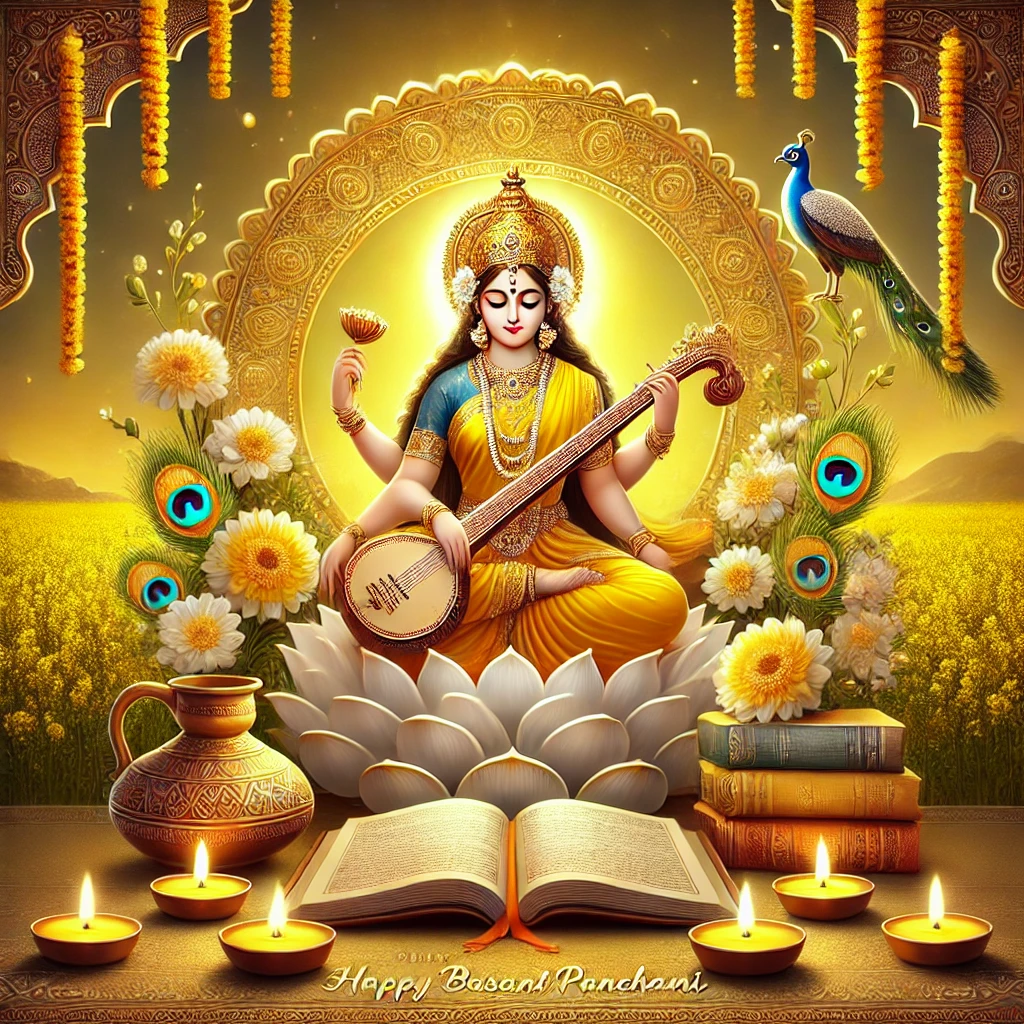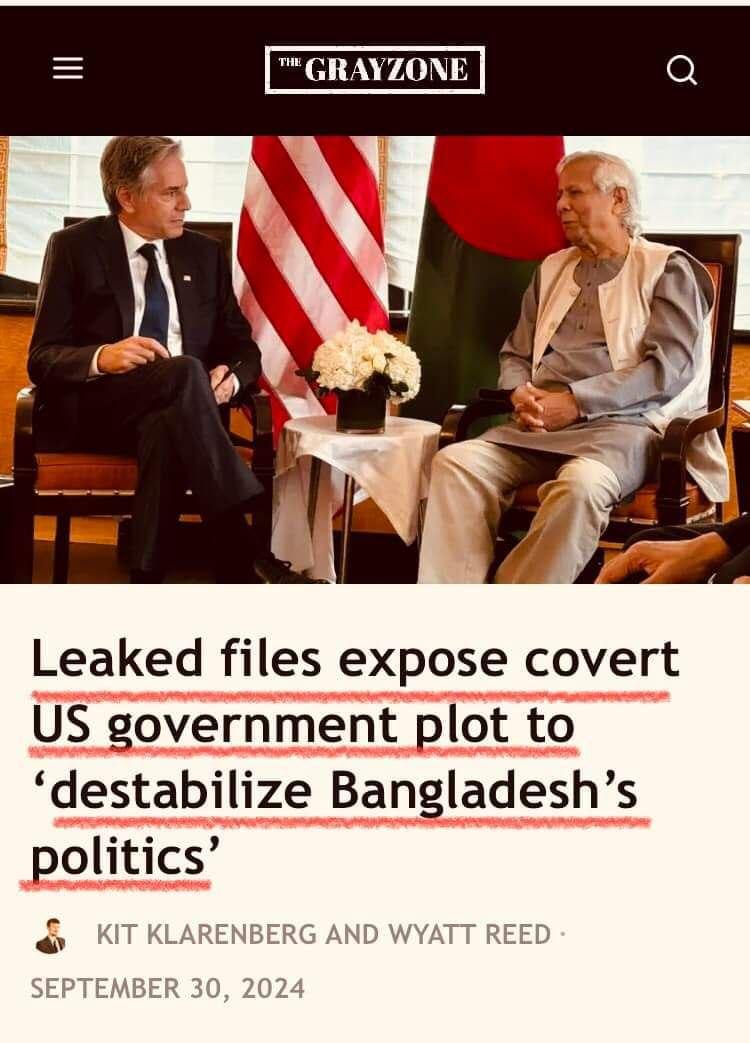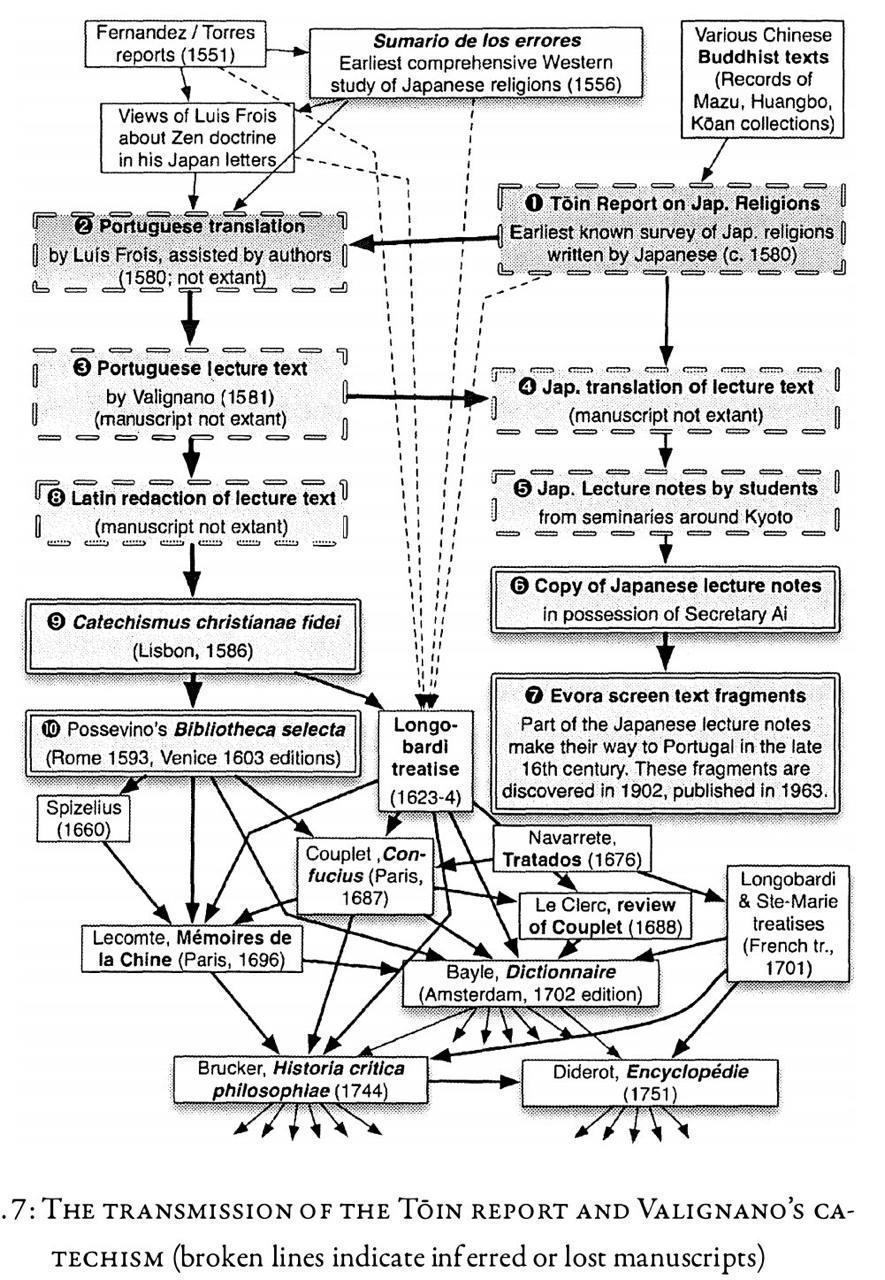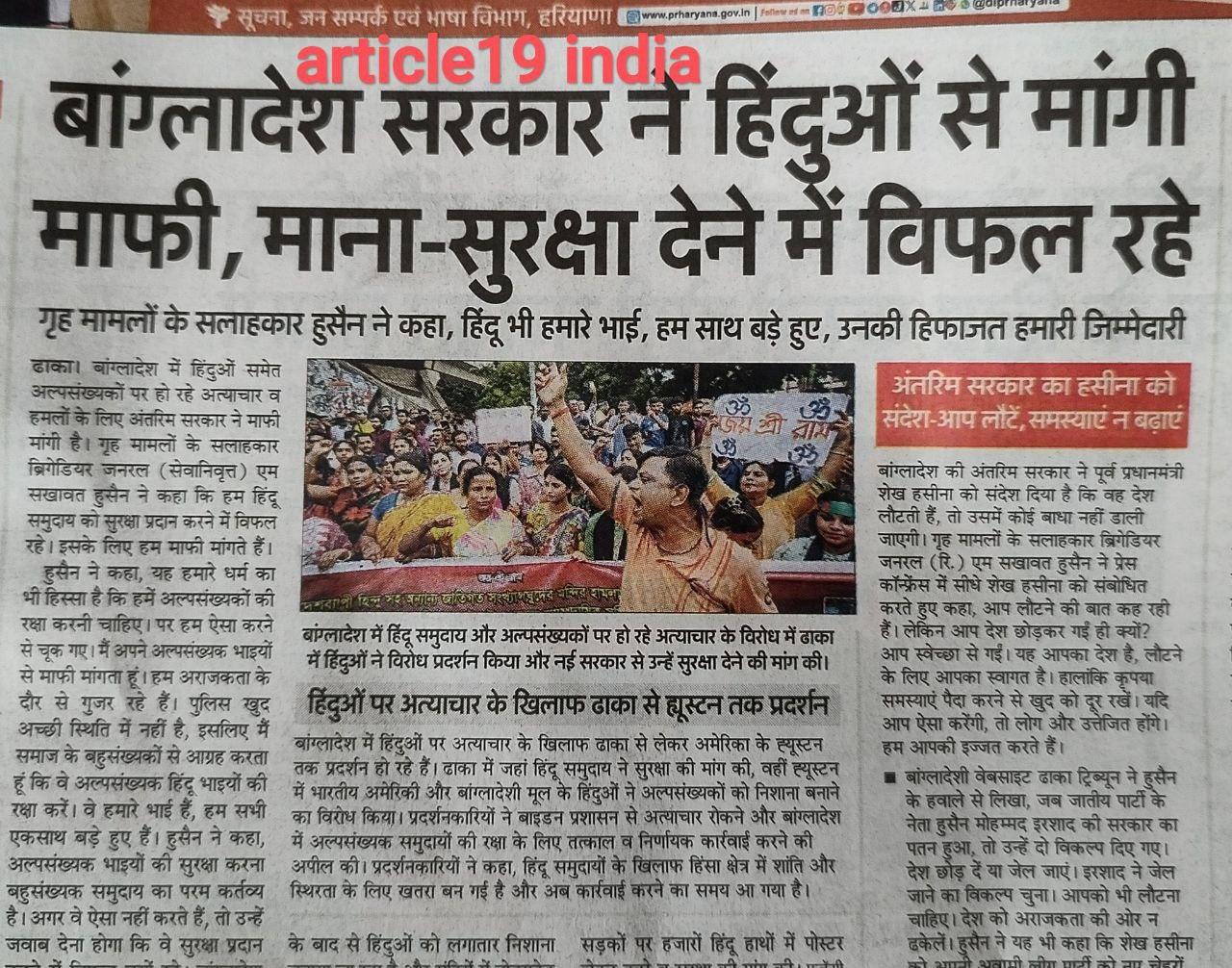Leaked files expose COVERT US GOVERNMENT PLOT TO DESTABILIZE BANGLADESH’s POLITICS.
Leaked docs reveal that prior to the toppling of Bangladeshi PM Sheikh Hasina, the US govt-funded International Republican Institute trained an army of activists including rappers and “LGBTQI people,” even hosting “transgender dance performances,” to achieve a national “power shift.” Institute staff said the activists “would cooperate with IRI to destabilize Bangladesh’s politics.”
On August 5, months of violent street protests finally toppled Bangladesh’s elected Prime Minister Sheikh Hasina. When the military seized power and announced the imposition of a so-called “interim administration,” video footage showed Hasina fleeing to India aboard a helicopter. As vast swarms of student protesters overran the presidential palace, Western media outlets and many of their progressive-leaning consumers cheered the rebellion, framing it as a decisive defeat of fascism and the restoration of democratic rule.
Hasina’s replacement, Muhammad Yunus, is a longtime Clinton Global Initiative fellow granted a Nobel Prize for pioneering the dubious practice of micro-lending. While Yunus has hailed the “meticulously-designed” protest movement that thrust him into power, Hasina personally accused Washington of working to remove her from power over her alleged refusal to allow a US military base on Bangladeshi territory. The State Department has dismissed allegations of US meddling as “laughable,” with spokesman Vedant Patel telling reporters that “any implication that the United States was involved in Sheikh Hasina’s resignation is absolutely false.”
But now, leaked documents reviewed by The Grayzone confirm the State Department was informed of efforts by the International Republican Institute (IRI) to advance an explicitly stated mission to “destabilize Bangladesh’s politics.” The documents are marked as “confidential and/or privileged.”
IRI is a Republican Party-run subsidiary of the National Endowment for Democracy, which has fueled an array of regime change operations across the globe since it was conceived in the office of CIA Director William Casey over forty years ago.
The newly-uncovered files reveal how IRI spent millions in the lead-up to Hasina’s overthrow covertly coaching opposition parties and establishing a regime change network concentrated among the country’s urban youth. Among the GOP-run Institute’s front line foot soldiers were rappers, ethnic minority leaders, LGBT activists hosting “transgender dance performances” in the presence of US embassy officials – all groomed to facilitate what the US intelligence cutout called a “power shift” in Bangladesh.
IRI offers Bangladeshi youth “the knowledge and skills to wield online… tools for change”
The origins of the protests which toppled Hasina can be traced back to 2018. That summer, thousands of young people took the streets of Dhaka to demand safer roads and stricter traffic laws after an unlicensed bus driver killed two high school students. The demonstrations grew despite heavy repression, eventually prompting the Hasina administration to impose more stringent laws on negligent driving.
IRI seeks ‘power shift’ in Bangladesh
IRI has operated in Dhaka since 2003, ostensibly “to help political parties, government officials, civil society, and marginalized groups in their advocacy for greater rights and representation.”
In reality, as the documents make abundantly clear, IRI has funded and trained a wide-ranging shadow political structure, comprising NGOs, activist groups, politicians, and even musical and visual artists, which can be deployed to stir up unrest if Bangladesh’s government refuses to act as required.
The student protests of 2018, and the overwhelming electoral victory by Hasina’s Awami League in December of that same year, appear to have inspired the IRI’s regime change aspirations. In 2019, the Institute began conducting research to inform its “baseline assessment” of the country, which consisted of “48 group interviews and 13 individual interviews with 304 key informants.” In the end, “IRI staff… identified over 170 democratic activists who would cooperate with IRI to destabilize Bangladesh’s politics,” according to an IRI report which was submitted to the State Department.
The report, which documented the IRI’s activities in the country between March 2019 and December 2020, shows the US government’s regime change campaign ramped up significantly after Hasina’s “lopsided victory.” Her administration, they declared, had become “entrenched,” and their “political position” had “solidified.”
Meanwhile, the IRI concluded that the BNP opposition had “failed to successfully mobilize” its supporters. The party’s attempts to “foment street movements” had floundered, and it remained “marginal,” leaving the Awami League’s “power… undiminished.” Nonetheless, IRI considered BNP to be “still the most possible party to drive a power shift in the future.”
The idea that this political change might be achieved via the ballot box, however, didn’t appear to be up for consideration. With BNP apparently too “violent, insular, rigid, and hierarchical” to win an election, IRI instead proposed a “broad-based social empowerment project that fostered and expanded citizen-centered, local and non-traditional forums for political engagement.” In other words, street mobilizations.
Much of the IRI’s fascination with street protests and online communication is spelled out in a separate internal report titled, “Social Media, Protest, and Reform in Bangladesh’s Digital Era,” which declared that Bangladeshi students “have again led the country’s most vibrant protest movements, with the help of a tool their predecessors didn’t have: the internet.”
“Moving forward, IRI intends to expand its work with college students across the country,” the report declared.
The document explains that Bangladeshi protesters successfully used social media to promote videos and “short documentaries” of their actions, and compel local and international media to cover the upheaval. For example, Facebook-streamed live videos of police breaking up protests “went viral and helped spread knowledge of the protests across the country.”
Now the question is why IRI seeks ‘power shift’ in Bangladesh?
Look at the map of Bangladesh and its eastern side, The Chin state which US need to plant its weapons against India and China, to ensure it stays as Global Power in South East Asia and none counter it
This explains, if you can understand why Modi ji moves are very careful because IRI knows that the biggest fault line in India is Hindu-Muslim, Caste and Regionalism
This bring us to Manipur Kuki, which I had explained long back and the reason why Rahul Gandhi rushed their and provoke Modi to go to Manipur
Dr GP
Leaked files expose COVERT US GOVERNMENT PLOT TO DESTABILIZE BANGLADESH’s POLITICS.
Leaked docs reveal that prior to the toppling of Bangladeshi PM Sheikh Hasina, the US govt-funded International Republican Institute trained an army of activists including rappers and “LGBTQI people,” even hosting “transgender dance performances,” to achieve a national “power shift.” Institute staff said the activists “would cooperate with IRI to destabilize Bangladesh’s politics.”
On August 5, months of violent street protests finally toppled Bangladesh’s elected Prime Minister Sheikh Hasina. When the military seized power and announced the imposition of a so-called “interim administration,” video footage showed Hasina fleeing to India aboard a helicopter. As vast swarms of student protesters overran the presidential palace, Western media outlets and many of their progressive-leaning consumers cheered the rebellion, framing it as a decisive defeat of fascism and the restoration of democratic rule.
Hasina’s replacement, Muhammad Yunus, is a longtime Clinton Global Initiative fellow granted a Nobel Prize for pioneering the dubious practice of micro-lending. While Yunus has hailed the “meticulously-designed” protest movement that thrust him into power, Hasina personally accused Washington of working to remove her from power over her alleged refusal to allow a US military base on Bangladeshi territory. The State Department has dismissed allegations of US meddling as “laughable,” with spokesman Vedant Patel telling reporters that “any implication that the United States was involved in Sheikh Hasina’s resignation is absolutely false.”
But now, leaked documents reviewed by The Grayzone confirm the State Department was informed of efforts by the International Republican Institute (IRI) to advance an explicitly stated mission to “destabilize Bangladesh’s politics.” The documents are marked as “confidential and/or privileged.”
IRI is a Republican Party-run subsidiary of the National Endowment for Democracy, which has fueled an array of regime change operations across the globe since it was conceived in the office of CIA Director William Casey over forty years ago.
The newly-uncovered files reveal how IRI spent millions in the lead-up to Hasina’s overthrow covertly coaching opposition parties and establishing a regime change network concentrated among the country’s urban youth. Among the GOP-run Institute’s front line foot soldiers were rappers, ethnic minority leaders, LGBT activists hosting “transgender dance performances” in the presence of US embassy officials – all groomed to facilitate what the US intelligence cutout called a “power shift” in Bangladesh.
IRI offers Bangladeshi youth “the knowledge and skills to wield online… tools for change”
The origins of the protests which toppled Hasina can be traced back to 2018. That summer, thousands of young people took the streets of Dhaka to demand safer roads and stricter traffic laws after an unlicensed bus driver killed two high school students. The demonstrations grew despite heavy repression, eventually prompting the Hasina administration to impose more stringent laws on negligent driving.
IRI seeks ‘power shift’ in Bangladesh
IRI has operated in Dhaka since 2003, ostensibly “to help political parties, government officials, civil society, and marginalized groups in their advocacy for greater rights and representation.”
In reality, as the documents make abundantly clear, IRI has funded and trained a wide-ranging shadow political structure, comprising NGOs, activist groups, politicians, and even musical and visual artists, which can be deployed to stir up unrest if Bangladesh’s government refuses to act as required.
The student protests of 2018, and the overwhelming electoral victory by Hasina’s Awami League in December of that same year, appear to have inspired the IRI’s regime change aspirations. In 2019, the Institute began conducting research to inform its “baseline assessment” of the country, which consisted of “48 group interviews and 13 individual interviews with 304 key informants.” In the end, “IRI staff… identified over 170 democratic activists who would cooperate with IRI to destabilize Bangladesh’s politics,” according to an IRI report which was submitted to the State Department.
The report, which documented the IRI’s activities in the country between March 2019 and December 2020, shows the US government’s regime change campaign ramped up significantly after Hasina’s “lopsided victory.” Her administration, they declared, had become “entrenched,” and their “political position” had “solidified.”
Meanwhile, the IRI concluded that the BNP opposition had “failed to successfully mobilize” its supporters. The party’s attempts to “foment street movements” had floundered, and it remained “marginal,” leaving the Awami League’s “power… undiminished.” Nonetheless, IRI considered BNP to be “still the most possible party to drive a power shift in the future.”
The idea that this political change might be achieved via the ballot box, however, didn’t appear to be up for consideration. With BNP apparently too “violent, insular, rigid, and hierarchical” to win an election, IRI instead proposed a “broad-based social empowerment project that fostered and expanded citizen-centered, local and non-traditional forums for political engagement.” In other words, street mobilizations.
Much of the IRI’s fascination with street protests and online communication is spelled out in a separate internal report titled, “Social Media, Protest, and Reform in Bangladesh’s Digital Era,” which declared that Bangladeshi students “have again led the country’s most vibrant protest movements, with the help of a tool their predecessors didn’t have: the internet.”
“Moving forward, IRI intends to expand its work with college students across the country,” the report declared.
The document explains that Bangladeshi protesters successfully used social media to promote videos and “short documentaries” of their actions, and compel local and international media to cover the upheaval. For example, Facebook-streamed live videos of police breaking up protests “went viral and helped spread knowledge of the protests across the country.”
Now the question is why IRI seeks ‘power shift’ in Bangladesh?
Look at the map of Bangladesh and its eastern side, The Chin state which US need to plant its weapons against India and China, to ensure it stays as Global Power in South East Asia and none counter it
This explains, if you can understand why Modi ji moves are very careful because IRI knows that the biggest fault line in India is Hindu-Muslim, Caste and Regionalism
This bring us to Manipur Kuki, which I had explained long back and the reason why Rahul Gandhi rushed their and provoke Modi to go to Manipur
Dr GP




